8th March 2020
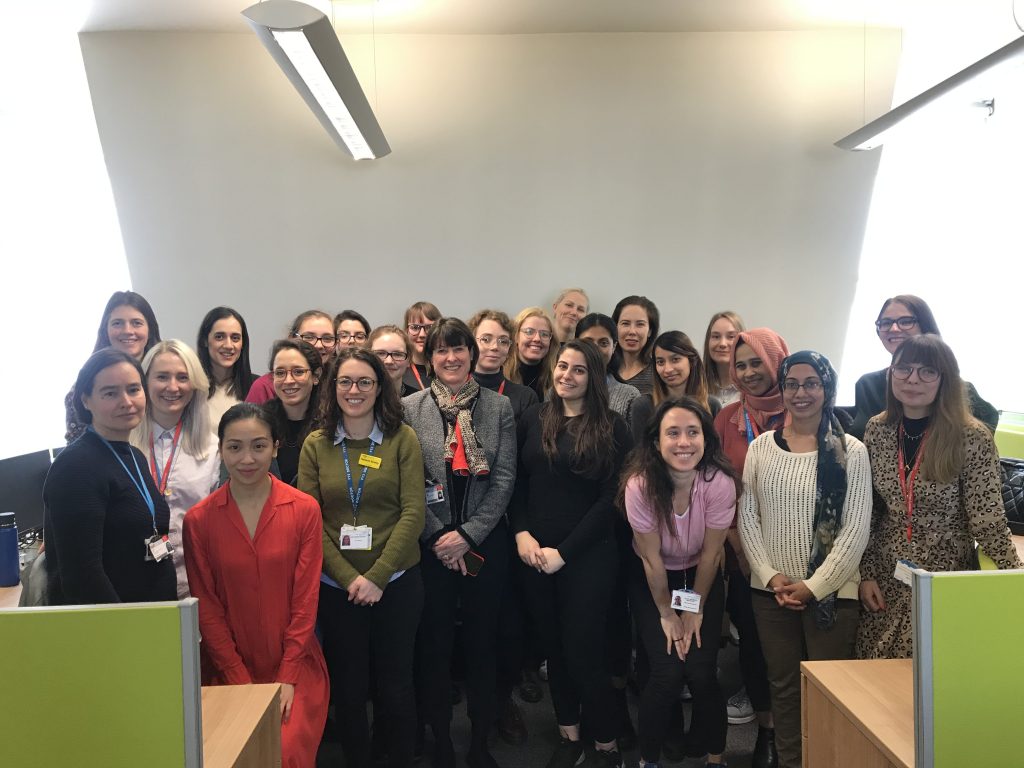
Here’s to all of the fabulous women working in research, clinic, administration, communications and much more.
An equal world is an enabled world – that’s this year’s theme for International Women’s Day, celebrated on the 8th March.
Here at the Department of Twin Research, we are proud to have so many incredible women across all roles and seniority.
In honour of #IWD2020, we asked our colleagues a couple of questions to understand why they got into a career in science and their views on the challenges that come with being a woman in science:
- What inspired you to enter into a career in science?
- What is your research or work area, and why are you passionate about it?
- What do you think are the challenges for women in science?
- What do you think would keep more women in science?
Scroll down to find out the answers of seven of our TwinsUK staff members.
Dr Caroline Le Roy, Research Associate
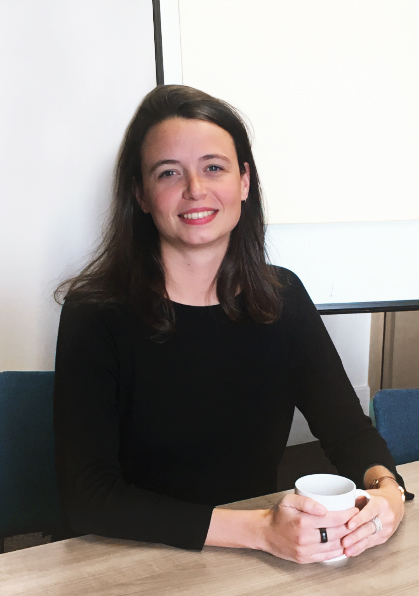
Since I was very little I have been fascinated by biology and how it can help to understand how things around us and within our own body work. I wanted to contribute to the development of this knowledge.
I try to understand how the microbes in our gut can impact our health and whether we could use diet to affect these effects. We have known for a long time that we all have trillions of microbes that live within our digestive system. Yet this remains a largely unmapped territory, which mean that many things need to be explored and discovered. More importantly, by helping to better understand the gut microbiome, I can help (even if a little) to make people healthier.
A challenge for women in science is to make sure that we are treated equally and given the same opportunities but also that we support each other in understanding and acting on our rights to all contribute to science equally. To believe more in ourselves is another.
Having role models who are women would keep more women in science, and supporting each other in believing that it is possible. Education at home and at school would also help.
Rachel Horsfall, Operations Coordinator – Data Linkage
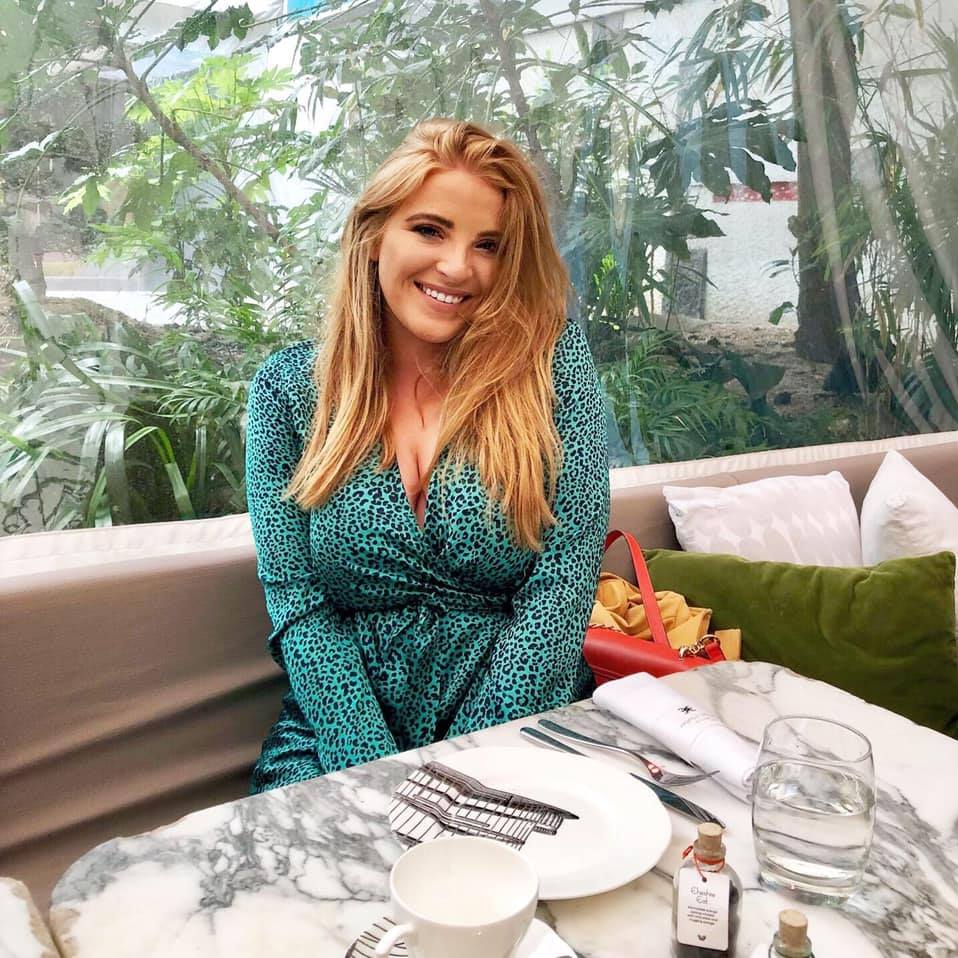
I really aspired to be like my lecturers at university – I loved how they were always proving/ disproving theories and testing the limits.
I currently research the microbiome in the elderly specifically regarding dementia, and I also work on data linkage to create a more robust cohort. I really care about my job because every day is different and you know in some way that you are making a difference. I especially like days within the clinic where I get to speak to patients from all walks of life and hear their different stories.
I do think that gender bias and discrimination is still prevalent in some areas within science and this can be hard finding a work/life balance. But many of the barriers are sociological and psychological – but they are disappearing so it’s a good sign!
To keep more women in science, we need to spread the word about the achievements women make within science, creating visible role models and have mentoring.
Dr Claire Steves, Consultant Geriatrician, Senior Lecturer and Deputy Director (Clinical) of TwinsUK
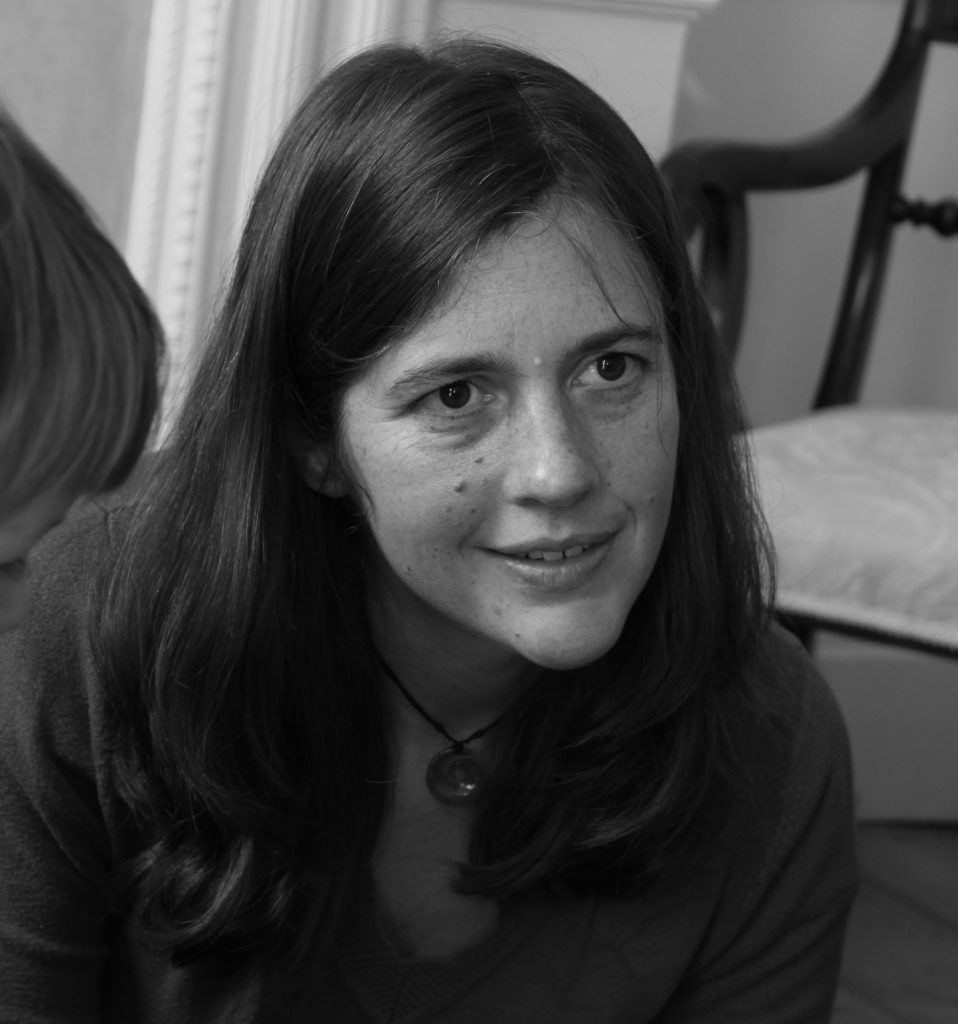
I love asking questions to try to understand things more. Science is all about that.
The working of the human body is the most amazing thing, and it’s at its most complex and beautiful when it’s dealing with what time throws at it. That’s why I study human ageing, in all its diversity. I’m passionate about it because as a doctor it’s where I see most need for new solutions for all people to have as long a healthy and happy life as possible.
The challenges are really the same whatever sex you are and are all about how you balance your life. I wear six different hats – scientist/researcher, teacher, doctor, wife and mother and daughter. If I was a man I would still have six hats!
The most important thing is actually to support male scientists/ researchers in having a balanced life. Then we will all be on a level playing field and will be truly able to work to each other’s strengths, not based on gender but based on individual aptitude and drive.
Emily Leeming, PhD student and registered dietitian
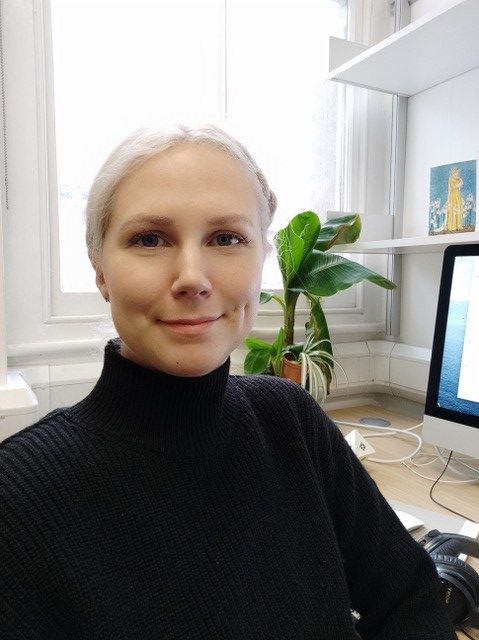
I didn’t think that a career in science was necessarily on the table for me when I was a bit younger – I used to work as a chef! I always loved science at school, and I have a curious mind, so learning more about how the body works – and the impact of food on our gut microbiome – was an obvious choice for me.
My science undergraduate degree led to a masters degree in order to qualify as a registered dietitian. I realised in my masters that I really enjoyed the research elements; I’m now coming towards the end of my first year doing a PhD.
My PhD topic is looking at novel multivariate approaches to investigating the impact of food on the gut microbiota, the fecal metabolome and their interaction with metabolic risk.
There are so many challenges for women in research. There’s still gender bias and discrimination with men typically in positions of leadership, and statistics describing, for example, how there’s less collaboration with female scientists vs male scientists. The academic currency is the number and quality of papers that you publish or are involved in. As a result, there’s huge pressure for new mums to come back to work quickly, who then struggle to balance home and work. This usually happens at critical career time-points with women less likely to progress to higher positions – even tougher in an industry where there’s over saturation of scientists at the lower levels.
How to keep more women in science is a trending topic of conversation in the last few years. The problem is whether organisations and those in positions of authority are simply paying lip-service to this, or if tangible action is being taken. Structural change need to be made across academia, with support put in place for women (and LGBTQ, BAME, those with a disability…the list goes on).
It’s not only the institutions that need to lead change, there are many overt and subliminal cultural forces at play which prevent women from entering STEM in the first place or from progressing in their chosen field. There needs to be a focus on equitable opportunities rather than simply equal ones, recognising that some are at a larger disadvantage than others.
Dr Ruth Bowyer, Research Associate
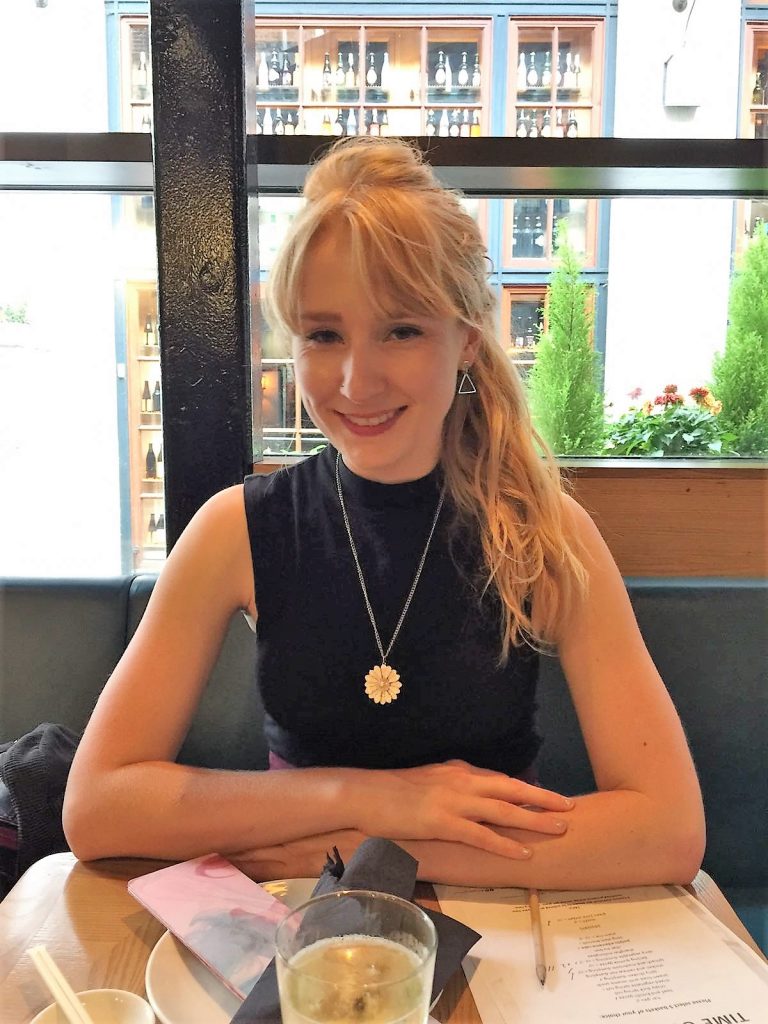
I grew up wanting to live in the jungle amongst the trees, so initially trained as a conservation biologist. However, it turns out field work was not as exciting as I imagined and David Attenborough had the niche I wanted covered, but in the process I released a love of data, and how it might shed light on the poetry of how our biology is both shaped by and shapes the world around us. I moved into health research because I liked the idea that I might be able to help make the world a marginally better place.
I’m an interdisciplinary scientist, although I work a lot with ‘big data’, so I’m not sure I have one research area to be passionate about! However the thing I like is the pursuit of understanding (the more I learn, the more I realise there is to be learned!) and the opportunity to contribute in a small, small way to the betterment of society!
The obvious challenge is the difficulty of work-life balance, given the excessive working pressure, particularly for working mothers. Additionally, the ubiquitous short-term contracts can add a layer of stress if you were to decide you want to have a child, and taking time out unfortunately hinders your career in the current ‘publish or perish’ framework. I think these issues contribute towards challenges that put off not just women but anyone from a more disadvantaged background from pursuing an academic career path.
Additionally, imposter syndrome can be a big issue, and I think part of this is due to systemic differences in how men and women are perceived and are encouraged to perceive themselves. The difficulties are complicated and intersectional.
I think a wider variety of voices and ideas would be a great contribution to the research landscape, and part of that would be having the culture in place to encourage and help nurture women and other less represented voices to remain in academia and ascend to the hallowed ranks of tenure and beyond!
Philippa Wells, PhD student
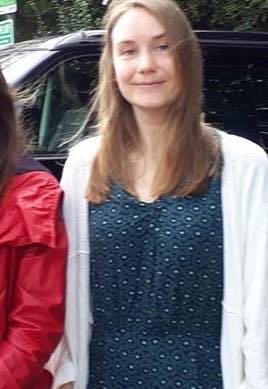
It sounds cliché but I wanted to make a difference to the world by improving medical knowledge and therefore human health. That’s the aim, I’m not sure how it’ll work out!
I work on the microbiome and the things I love best about this is it’s a fast-paced area which is really on the frontline of knowledge for human health and we’re only just beginning to understand how important it is. I also like how it allows me to keep my interest quite broad without focussing on just one health condition.
I think the main challenges come higher up in the career ladder – most professors are men, but even at my stage (final year PhD), it’s definitely been a challenge to get here. I’m not sure how much of that is due to gender, but potentially it’s more difficult to be viewed as competent as a female.
I am lucky to have female role models at work, and many excellent female colleagues. I think that’s important to encourage more women to stay in research.
Colette Christiansen, PhD student
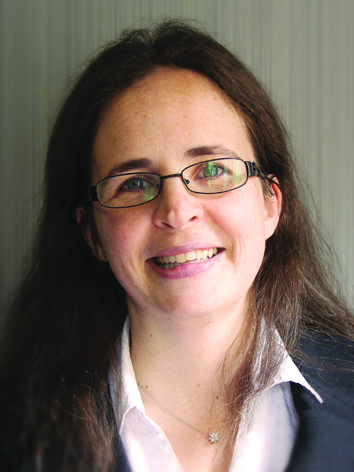
I have always been fascinated by the world of living creatures and the special abilities they have: pond-skaters can walk on water, ants’ neck joints can withstand a pressure of 5,000 times their own body weight and spiders’ webs are stronger than steel. The key to these abilities lies in their genetics so I was naturally drawn to this field.
I work on genetics and epigenetics – how genes are turned on and off – which I love because it holds the key to unravelling the mysteries of who we are, how our bodies work and the impact of our lifestyle on our health. It also combines my passion for biology with my skills which lie in maths and data analysis.
Science is similar to many professions where you need to promote yourself and your research in order to progress to more senior levels. This creates more challenges for women, who in general find it easier to collaborate but harder to self-promote. Academic science roles are even more of a challenge due to the difficulty in advancing through a career and the number of temporary contracts along the way, you have to self-promote repeatedly!
We are lucky in our department to have many female role models and these leads to a greater understanding that everyone has different challenges in their lives. Giving people the flexibility to work around these makes the working environment better for everyone.






